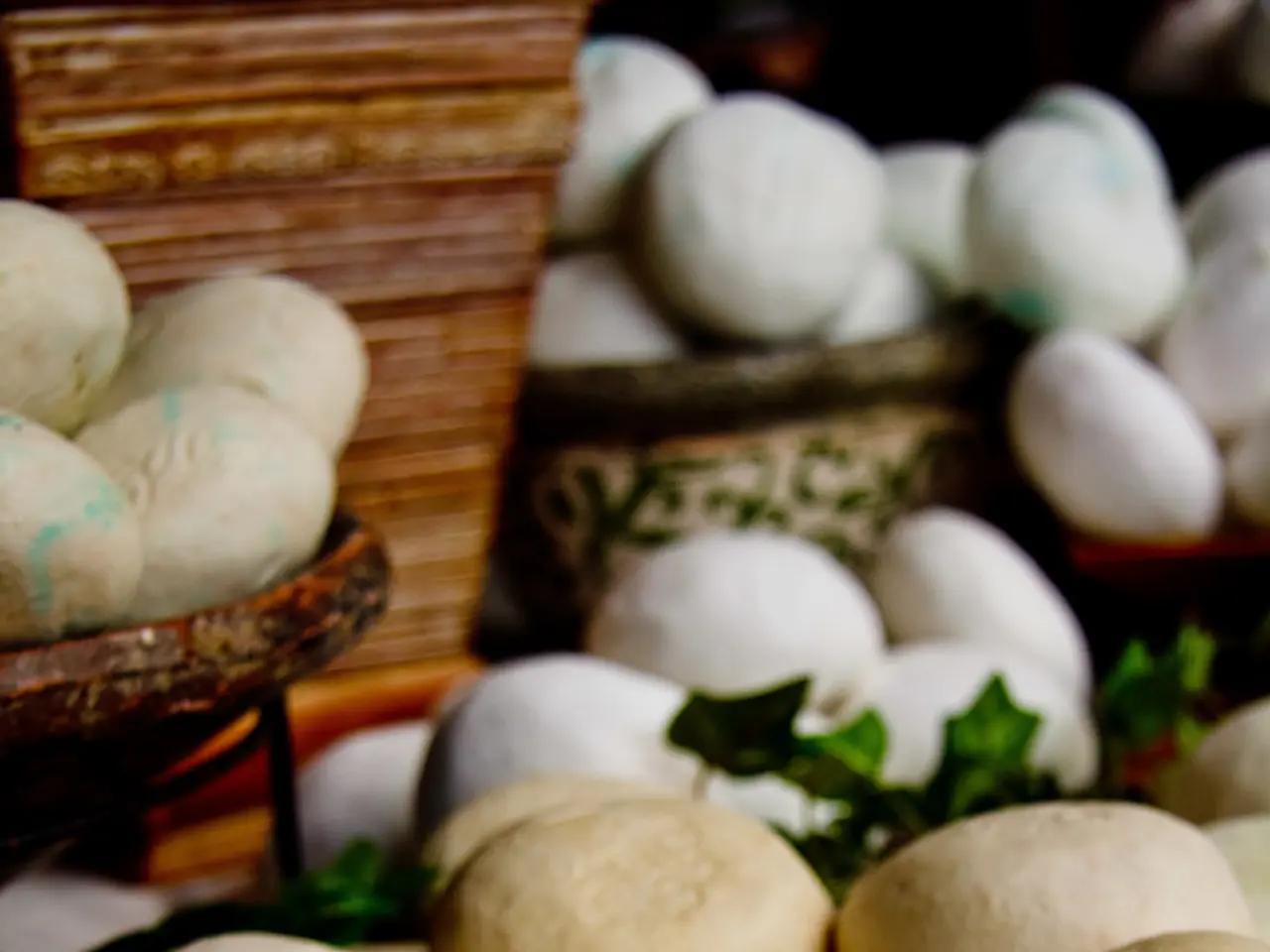Controversy Arises over Harmful Health Implications of Using Artificial Stone for Kitchen Countertops
In recent times, there has been growing concern over the health risks associated with artificial stone worktops, particularly in the UK. These engineered stones, popular for their durability, aesthetic appeal, and cost efficiency, contain much higher levels of crystalline silica compared to natural stones like granite or marble.
A study by Dr Patrick Howlett from Imperial College London has proposed stricter limits on silica dust exposure across different work settings, highlighting the potential danger posed by these materials. The urgency of addressing this issue has been emphasized by Dr Jo Feary from Royal Brompton Hospital.
Last year, the UK saw its first case of silicosis related to artificial stone cutting. Since then, eight cases among workers handling these worktops have been documented, with one fatality. These cases have involved young men in their 20s and 30s.
Silicosis is a lung disease primarily caused by exposure to silica, often in occupational environments that involve cutting, grinding, or polishing stone worktops. The high silica content of artificial stone makes it hazardous to workers who engage in these activities without proper protective measures.
Some popular brands and types of artificial stone that pose a risk of silicosis include quartz-based worktops (such as Caesarstone, Silestone, and Cambria), engineered marble (like Statuario Maximus and Venatino), and granite composite.
Medical professionals are urging the UK Government to take decisive regulatory action, including a potential ban on artificial kitchen worktops due to their links with a number of cases of silicosis. However, homeowners with artificial stone worktops installed should not be concerned as long as they do not disturb the surface of the worktop.
The Health and Safety Executive is working to manage silica exposure risks and protect workers. Dr Howlett supports the reduction of permissible exposure limits over an eight-hour working shift.
Calls for a ban on artificial stone worktops continue to intensify, as the number of workers who have been or will be exposed to the risk of silicosis remains unknown. It is crucial to prioritise the health and safety of workers in this industry and take proactive steps to minimise the risk of silicosis.
Read also:
- Recognition of Exceptional Patient Care: Top Staff Honored by Medical Center Board
- A continuous command instructing an entity to halts all actions, repeated numerous times.
- Oxidative Stress in Sperm Abnormalities: Impact of Reactive Oxygen Species (ROS) on Sperm Harm
- Is it possible to receive the hepatitis B vaccine more than once?








